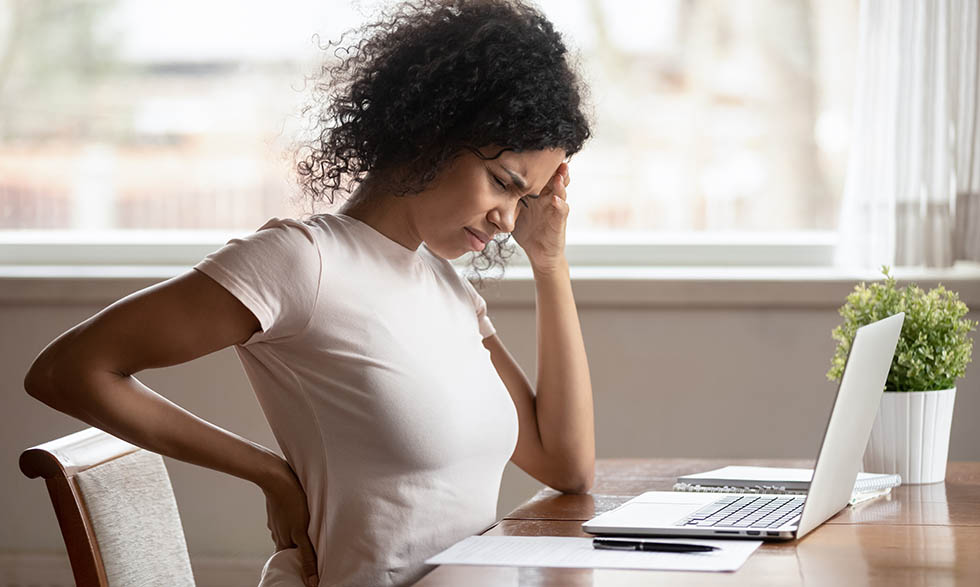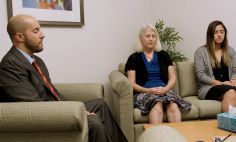Health Topics

How to manage low back pain before it gets worse
Walking and yoga can offer relief and comfort

Jonathan Lurie, M.D.
Low back pain is often hard to avoid. Many jobs require long periods of sitting or other types of activities that can stress our backs. However, there are things you can do to avoid more serious injury.
National Institutes of Health-supported researcher Jonathan Lurie, M.D., provides a few recommendations for people with low back pain. Dr. Lurie is a physician-researcher at the New Hampshire-based Dartmouth Institute for Health Policy and Clinical Practice.
Stay active
Dr. Lurie encourages movement for people with low back pain, instead of staying on the couch or in bed. "There is evidence to show that bed rest for acute back pain does not improve things and leads to greater disability," he explains.
Walking is a helpful low-impact activity that most people can do on a daily basis.
Other forms of exercise such as tai chi or yoga can also be helpful for low back pain. The best stretches and other exercises for low back pain will vary from person to person, so consult with your health care provider to make sure they are right for you.
Work smarter
Low back pain can get worse if you sit for long periods, Dr. Lurie explains. He encourages individuals to "evaluate their work environment and ensure that they are able to practice good posture and ergonomics." Ergonomics is about adjusting the work site to be comfortable, safe, and efficient.
Tools such as standing desks and ergonomic chairs can help put your spine in a better position. It is also important to stand often throughout the workday and stretch at your desk if possible.
Physical treatment
Dr. Lurie explains that acupuncture, spinal manipulation, or physical therapy are other potential treatment options, depending on your type of low back pain. There are also behavioral treatments like biofeedback and nerve stimulation, which use electric pulses to help people learn how to manage pain. This type of care is recommended as a first line of treatment before medication.
Medication
Painkillers, such as acetaminophen and aspirin, can also help at times when pain is worse. Alternating between heat (with a heating pad or warm bath) and ice may also be helpful. Other medications, which are prescribed by a health care professional, could include muscle relaxers, antidepressants, or opioids. Opioids are strong pain medicines that can be highly addictive. People using opioids must be closely monitored by their provider.
Serious or long-lasting pain
Serious low back conditions, such as herniated discs or spinal deformities, may be best addressed with surgery, depending on the case, Dr. Lurie says. Make sure to check with your health care provider if you are experiencing pain that gets in the way of your daily life.







